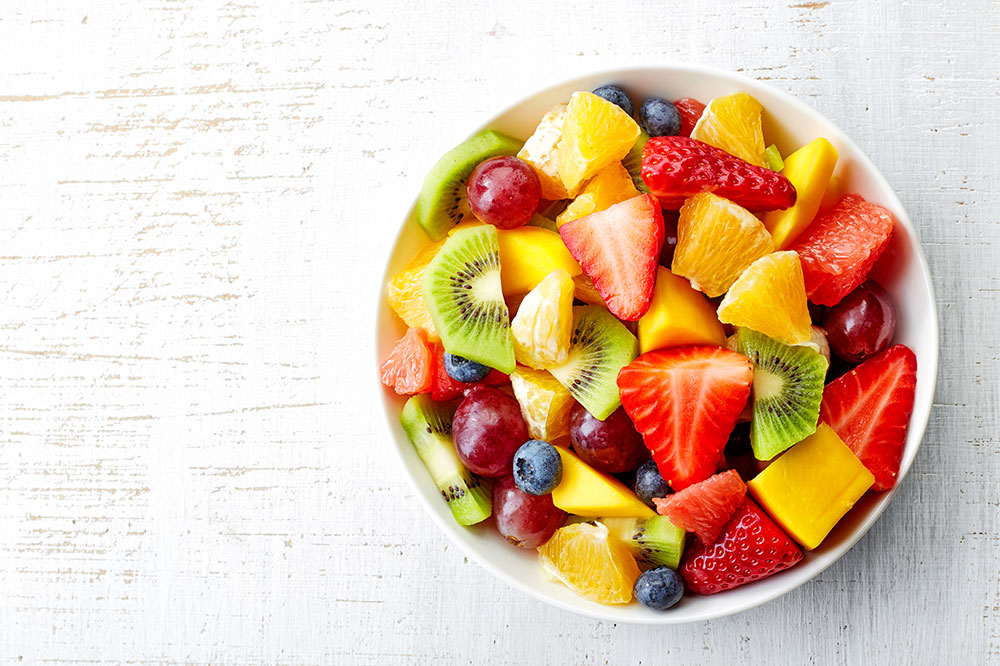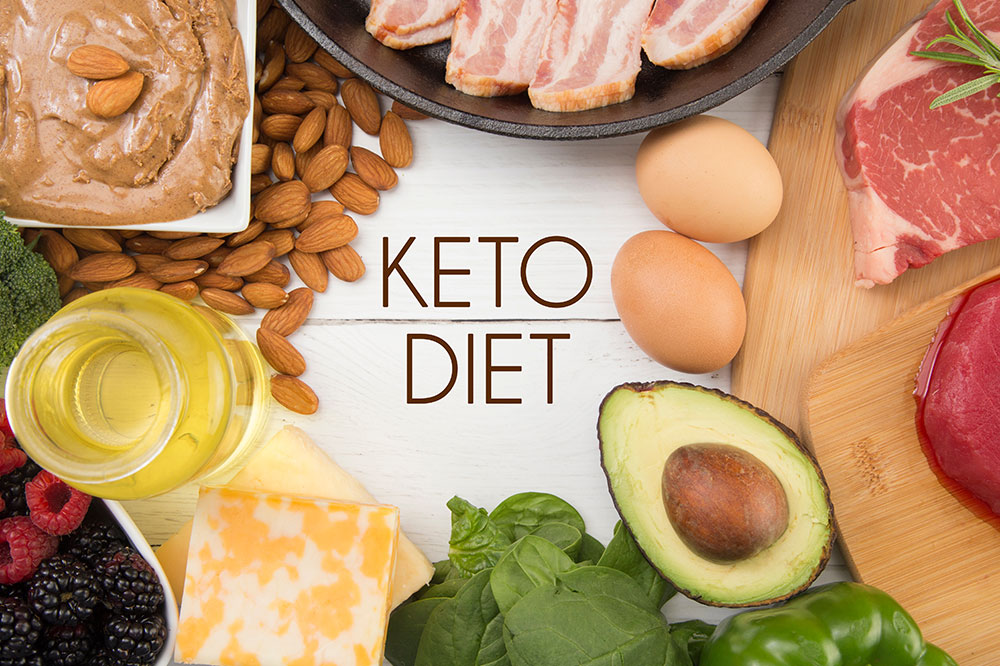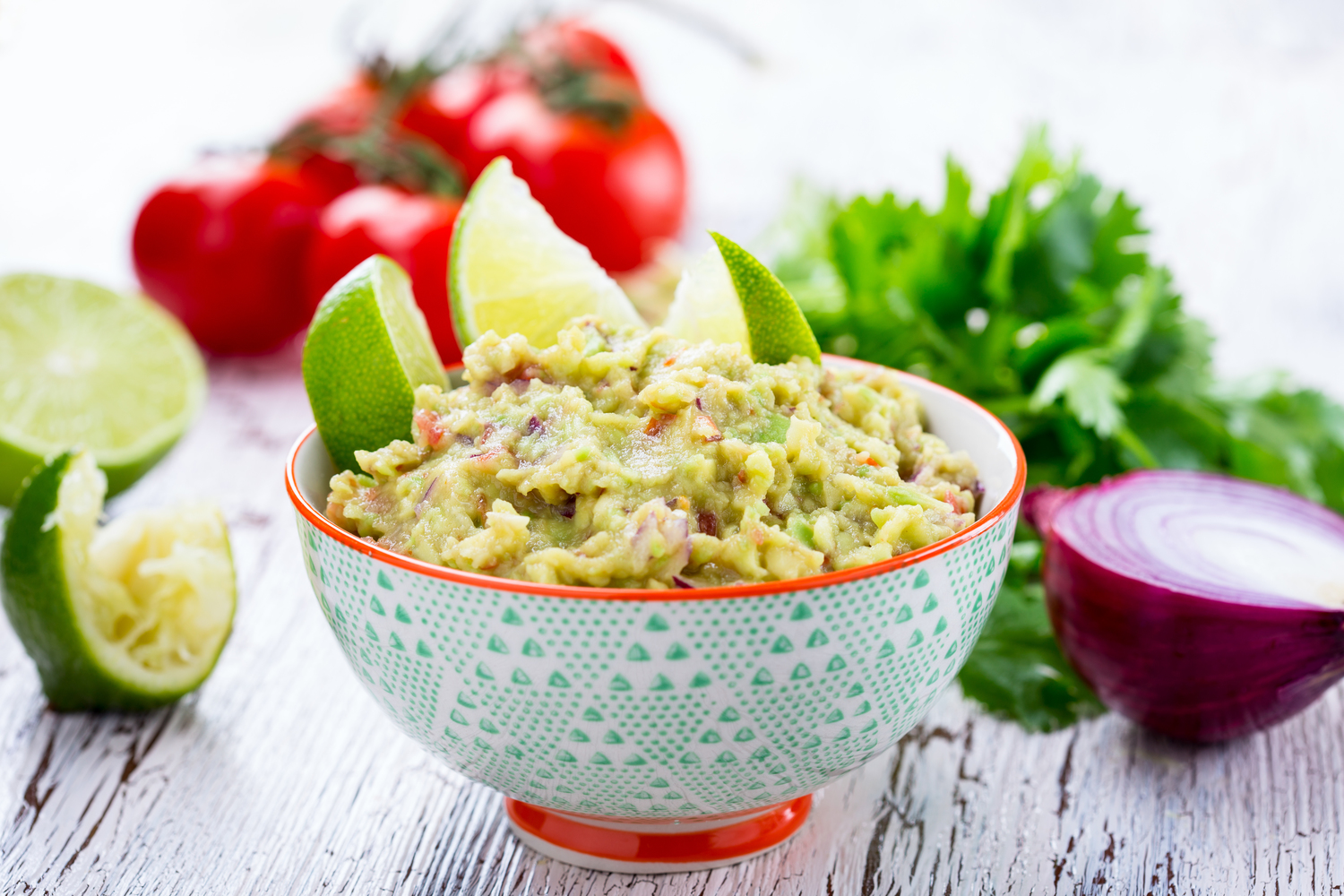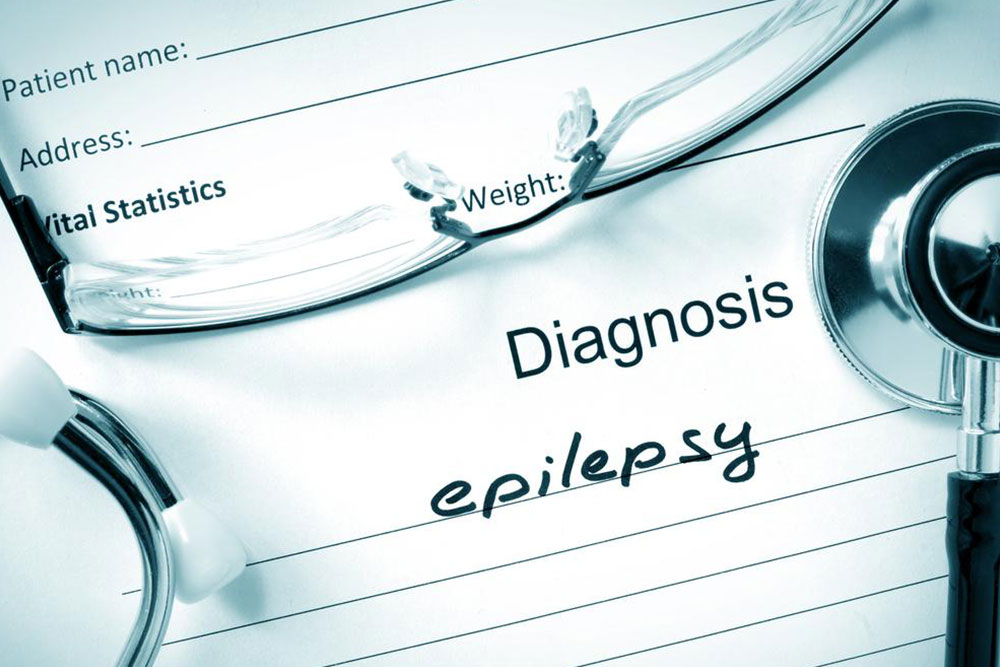Effective Dietary Strategies for Managing Epilepsy
Discover effective dietary strategies to help manage epilepsy. Learn about ketogenic, MCT, Atkins, and low glycemic index diets, and which foods to include or avoid for better seizure control and overall health.

Effective Dietary Strategies for Managing Epilepsy
How Nutrition Influences Epilepsy
No specific foods directly trigger seizures; however, maintaining a healthy diet can reduce risks by promoting overall well-being. Consuming balanced meals provides sustained energy, essential nutrients, and better stamina to manage epilepsy effectively.
Adopting proper nutritional habits enhances positivity, strengthens focus, and improves control over the condition.
Key Nutrition Tips for Living with Epilepsy
The ketogenic diet shifts metabolism towards fat utilization by producing ketones, which can help reduce seizure frequency in both children and adults. Consistency is crucial for the diet’s effectiveness, requiring precise measurement of food types and portions, which may demand time and effort.
The MCT (medium-chain triglyceride) diet uses oil supplements to increase dietary fats without relying solely on food sources. This allows for more carbohydrates and proteins to be included, potentially making adherence easier.
The Atkins diet, similar to keto, emphasizes low carbohydrate intake with higher protein consumption, allowing some flexibility in daily intake of fluids and calories.
The Low Glycemic Index diet is less restrictive, focusing on steady energy release without limiting protein, fluids, or overall calories. It emphasizes foods like whole grains, vegetables, fruits, and nuts that provide sustained energy, avoiding quick-spike foods like processed snacks and sugary beverages.
Consuming foods that release energy gradually helps maintain satiety and energy levels longer. Incorporate fibrous options such as oats, brown rice, non-starchy vegetables, and fruits like berries, pears, and apples. Avoid foods that cause rapid energy fluctuations, including white bread, sweets, chips, and fruit juices.
Some foods, such as preservatives, artificial colors, sweeteners, and MSG, may trigger seizures in certain individuals and should be avoided.
While juices like pomegranate and grapefruit do not directly trigger seizures, they can intensify side effects of epilepsy medications and should be consumed cautiously during treatment.
Caffeine in sodas, tea, and coffee stimulates the nervous system and can potentially increase seizure risk in some cases.










